Sinus congestion can often linger this time of year, especially after recovering from everything from the common cold to RSV.
However, for a lot of folks, it’s unclear which over-the-counter remedies actually work.
Winslett Carr, LAc walks us through some safe, effective, and reliable Chinese Medicine formulas for congestion relief.
First, you might be surprised to learn that some common over-the-counter options just aren’t a great choice:
In September of 2023, the FDA’s Non-prescription Drug Advisory Committee found that, “the current scientific data do not support that the recommended dosage of orally administered phenylephrine is effective as a nasal decongestant.”
Sorry, Mucinex.
Pseudoephedrine, found in Sudogest or Sudafed, can be effective but also can stimulate the central nervous system (jitters!) and cause insomnia — which is really annoying when you need to wake up for work early the next day.
Okay, so what are some over-the-counter remedies that are effective for relieving congestion?
Chinese medicine formulas, which are both safe and effective, can more specifically target the type of congestion you are experiencing.
For starters, Bi Yan Pian clears nasal congestion with – apologies for the vivid picture – thick white or yellow nasal mucus and phlegm, frequently runny or drippy nose, and allergies.
Cang Er Zi San, with chief ingredients young magnolia tree buds and mint, relieves copious amounts of foul-smelling mucus and phlegm when accompanied with light dizziness and frontal headaches.
Another top formula, Er Chen Tang, relieves cough with lots of white phlegm, accompanied often by coughing, fullness in the chest and stomach and sometimes nausea and vomiting, light dizziness, and palpitations.
Take that, phenylephrine! Just kidding, sort of . . . .
Chinese herbal formulas help you to decode effective decongestants with fewer side effects while treating more than one condition. And if you need assistance, consult your acupuncturist! Many of us are trained in safely prescribing and dosing formulas according to your condition.
PHOTO: BHG/ANA CADENA
At home, you can also make yourself some freshly steeped ginger tea or mint tea to temporarily alleviate some congestion.
If your stomach can handle it, enjoy a warm soup with fresh green onion tops to nourish you, especially when your taste buds might be less reliable.
Hopefully these insights will help you decode over-the-counter decongestants and give you the knowledge to quickly relieve symptoms and start breathing (and thinking!) clearly again.
If you’re experiencing ongoing sinus or chest congestion, or are just feelinug an overall seasonal fog, book an appointment! We’re here to help.
Author: Winslett Carr, LAc, MSAOM. Learn more about Winslett here and check out a previous post: Before, During, and After Acupuncture: Tips for How to Feel Your Best




